Before going any further, we will remind you of what we call at save me budget “the 5 axes of money work”:
1. Earning money
2. Spending money
3. Saving money
4. Investing money
5. Perceiving money
Personal Finance
Let’s start with the basics: what is personal finance? We often use this term. But do you really know what it is?
Personal finance consists of managing your money to achieve your personal financial goals, generally over a long period of time, if not throughout your life.
Personal finance therefore consists of evaluating your income, your financial needs and determining the amount to allocate to necessary expenses by creating a budget (we will talk about this later).
There are so many people who pay little or no attention to the state of their bank account, their assets, their current or future situation. However, we must recognize that money, or money issues, are present everywhere. They dictate our personal and professional choices, where we will work, for whom we will work, the number of children we will have, whether we stay in a relationship or not, etc.
Very early in life, we have to make financial decisions that will potentially have an impact for decades. And it’s crazy but these are decisions that we are very poorly equipped to make. By this I mean that the education we receive from our parents or from school hardly prepares us for what awaits us when it comes to money.
So you understand that at SAVE ME BUDGET we consider personal finance to be a fundamental subject. And one of our goals is to improve the management of our listeners’ personal finances! It’s a very strong driving force for us.
Financial education
After talking about personal finances, it is time to talk about financial education.
The Organization for Economic Co-operation and Development (OECD) defines financial education as “The process by which consumers and/or investors improve their understanding [knowledge] of financial products, concepts and risks and, through objective information, teaching and/or advice, acquire the skills and confidence needed to be more receptive to financial risks and opportunities, to make informed choices, to know who to turn to in case of difficulties, and to take other effective measures to improve their financial well-being”.
Note how the definition includes both the action by which you rise in terms of technical skills but also in terms of mindset through the action of obtaining the necessary confidence.
However, different organizations have a slightly broader vision of what financial education is. Indeed, this concept extends financial education to the entire population and not just to consumers/investors and includes a cultural and less pragmatic dimension, namely the understanding by each person of the economic and financial world in which they live.
It must be recognized that neither at home nor at school do we receive financial education. We are taught a multitude of things, such as reading, counting (that is quite useful), history, geography, riding a bike, being polite, etc. But managing our little money, that is something no one teaches us.
But why have a good financial education?
• First of all, to be able to meet your vital needs
• To avoid having to undergo financial stress
• To have control over your future, I don’t like the word control, I would say more to be able to direct your future
• To have a more reasoned and responsible consumption
• And above all, to achieve your life goals
This last advantage allows us to make the transition with the following concept
Suggest book amazon : The Intelligent Investor, Rev. Ed: The Definitive Book on Value Investing
The importance of setting goals (financial – life)
To move forward on your own path and in the best management of your personal finances, it is important to set life goals, which often translate into financial goals.
It must be recognized that goals give meaning to all our daily actions. This is where we draw or not a strong motivation. Without a goal, we risk moving forward, going a little to the right, a little to the left. Then becoming demotivated and not doing anything!
But be careful, the goals must be SMART to specific (= precise), measurable, achievable (= feasible), realistic and time-bound (= with a deadline)!
Financial goals are really specific to each person. Here are some examples to illustrate:
• Stop being overdrawn in 3 months
• Reduce your consumer credit debts by 50% in one year
• Pay for your child’s higher education who will be 18 in 5 years
• Buy your main residence in 3 years with the acquisition costs and a 10% deposit
• Buy an apartment to rent as a LCD in 2 years.
• Take a trip to Matchu Pitchu in 8 months and have enough to finance it
• Quit your job to start your own business in 1 year with 6 months of your current salary set aside
Note that each goal must be quantified exactly. For example, for the trip to Matchu Pitchu, the exact amount according to the travel agency is $3,500.
Your goal must really be specific and quantified. If you are aiming for this trip, how much does it cost all-inclusive? If you want to replace your salary with income from your investments, how much are we talking about? You get the idea.
Budget
Now that you are aware of your goals, you can really think about the means to put in place to achieve them. And the first step, the one that is really crucial in our eyes, is to set up a budget.
A budget is a forecast of the expenses and income of an individual or a household.
In it, you will indicate:
1) All your income (well, it must be recognized that in general there are not dozens of lines for income):
- His salary including any bonuses or other
- Any allowances (family, disability, etc.)
- Alimony,
- Rental income,
- Dividends
- Copyright,
- Tax refund
- Etc.
2) All your expenses. And there, in general, it gets complicated. Because there can be dozens of lines. The idea is to group them by category (such as rent, food, leisure, etc.). The categories should not be too broad, nor too narrow at the risk of having too many categories.
The budget is the tool that allows you to first plan your financial situation and then, during the month, to monitor it. Because it must be recognized that even for people who have been making budgets for many years, there are always unforeseen events, unplanned expenses, etc. And when you are an investor, it is the daily lot of having to deal with expenses that can be quite significant.
The budget is an essential tool for: - Tracking your money and identifying the various improvements/savings that could be made; the easiest thing is to start by reducing the items that matter the least to you.
- Summarizing your income and expenses for a given period.
Life is full of unexpected events. But if at the end of each month you notice that your budget does not match your real expenses at all (for example, you had put €400 for food and you are at €700 at the end of the month, the same for leisure or clothing) then your budget is not realistic. The budget can therefore allow you to really become aware of your expenses.
LEARN MORE : KEY STEPS TO BUILDING AN EFFECTIVE BUDGET
Financial planning
Budget and financial planning are closely linked but are different tools.
After setting your financial goals, you can address the issue of financial planning.
Financial planning is really the implementation of an action plan to achieve the financial goals that you have set for yourself.
To illustrate this, let’s take the example of the goal of buying your main residence in 3 years with the acquisition costs and a 10% deposit. The cost of this home will be $200,000. In Belgium, you have to count on around $40,000 in so-called “notary” fees (registration fees, mortgage fees, administrative fees, etc.). And if we add the 10% deposit, we arrive at an amount of $60,000. You will therefore have to save $60,000 in 3 years. Either starting with 20,000/year, or dividing it differently. The strategy to implement in your financial plan could simply be to save on your income, but it could also be the creation of additional income within 3 years, a reduction in expenses, the identification of possible future income during this period, etc.
We can clearly see that once the financial objective has been set, establishing a concrete financial plan allows you to take action and know what needs to be put in place to achieve this objective.
financial plan therefore goes further than a budget:
A budget is limited to comparing income and expenses, and highlighting whether there is a surplus or on the contrary a deficit; And you have to analyze where these differences come from. These highlight the unforeseen events or the lack of knowledge that you have about “where your money is going?”
For the budget, we will be on a monthly, quarterly and annual vision. On the other hand, when we talk about financial planning, we are talking about the medium to long term. The financial plan serves as a compass to achieve the financial objective that we have set for ourselves.
Debt/over-indebtedness :
We will now address two key concepts in personal finance: namely the notions of debt and over-indebtedness.
Debt :
We are obviously talking about private debt (and not that of States or companies). Private debt concerns the debt of an individual and their household.
There is debt when a person uses credit to finance a purchase or a project. An indebted person is a debtor, that is to say, they owe a sum of money to the person who lent them. Also in debt is a person who has not paid all of their due charges on the due date: energy bill, rent, taxes, alimony, etc. The debt situation is cleared when all credits are repaid and all charges paid on time.
An individual generally takes out a loan to buy consumer goods, everyday items, a home or to meet personal needs.
A household can be in debt because it has borrowed money. If it has the ability to repay it without any problem, debt is just a way to acquire a valuable asset
Over-indebtedness
But if the individual or household can no longer pay their bills and repay their credits due to insufficient income, there is over-indebtedness.
In other words, there is over-indebtedness when the household or person is clearly unable to meet all of their non-professional debts due and payable. This may be the inability to pay your current expenses (water, electricity, rent, etc.) and/or your monthly credit payments.
To deal with the scourge of over-indebtedness.
If after reading this article you realize that you are in this situation of over-indebtedness, we invite you to turn to professionals who can help you get through the administrative and legal procedures to get out of this situation. Because setting up a budget and a financial plan may not be enough to get out of this situation.
Assets/Liabilities :
Let’s now move on to the concepts of assets and liabilities, we’ll go quickly because we’ve already repeated it quite a bit but it’s a really key concept:
an asset increases your income, brings money into your pocket.
It therefore has value and/or earns you money because it generates income and/or a cash flow;
Example of assets: a rented apartment, dividend-paying stocks, a patent, a rented car, etc.
a liability takes money out of your pocket and causes you expenses;
Example of liabilities: your car, your second home, clothes and objects purchased regularly that don’t bring us anything, etc.






[…] LEARN MORE : Personal Finance Basics Article 1 […]